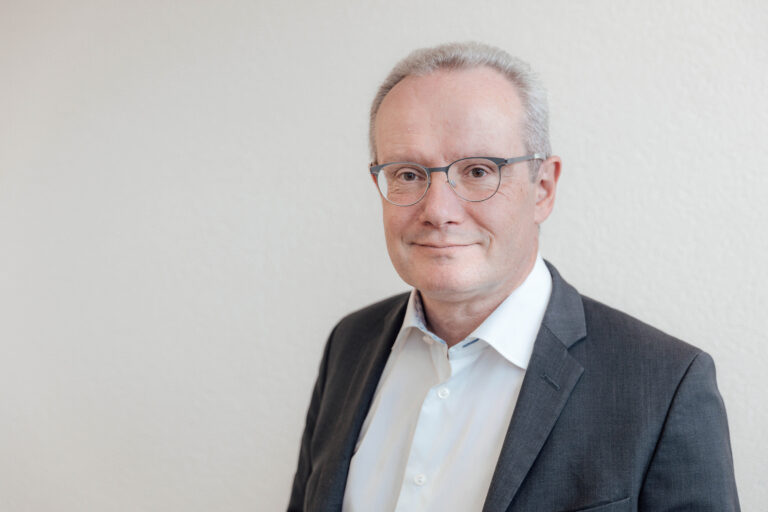Just before Christmas, the Board and its preliminary advisory committees met for the last time in 2023. Each year, the focus of the December meeting is on the budget for the following year. In addition to recurring topics, there were also new ones on the agenda.
Budget and cost deductions for the year 2024
At CHF 174.9 million, the budgeted income from copyrights for 2024 was around 11% higher than the best result to date in 2022 (CHF 157.5 million). Costs are down 3.0% on the previous year’s budget to CHF 39.11 million. The cost/income ratio for 2024 is therefore 19.5% (previous year’s budget: 21%). A distinction must be made between this cost ratio and the actual cost deductions made by SUISA when invoicing the rightsholders (members/sistersocieties). They will remain unchanged in 2024 but are below the budgeted cost ratio in all cases.
Changes to the distribution rules
SUISA is obliged by law to distribute the exploitation proceeds across and in proportion to the individual works, provided that the distribution does not entail unreasonable expense. With regard to remuneration where no programmes were provided, the distribution rules determine that such monies shall be allocated to those distribution categories where the same or at least a similar kind of music prevails. Whether this is the case is subject to regular reviews which must be carried out separately for each tariff.
At the December meeting, the Board of Directors therefore dealt with the allocation of tariff income from CT 3c (music use in the context of public reception of television programmes on large screens). As the musical works used in this tariff are largely identical to the works broadcast, 79.5% of the revenues continue to be allocated to the broadcasting segment. However, the previous allocations to distribution classes 5 (church performances) and 9D (performances of audiovisual recordings outside cinemas) will be replaced by an allocation to distribution class 12B (entertainment events with music from sound recordings). This ensures that the entertainment music played before and after a public viewing and during the breaks is remunerated. The amendments to the distribution rules shall enter into force upon approval by the Swiss Federal Institute of Intellectual Property (IPI) and the Office of Economic Affairs (AfV) in the Principality of Liechtenstein.
AI strategy
The invention of artificial intelligence (AI) has long since secured its place in the history books. The groundbreaking thing about AI is that it can create new content. However, it only acquires this ability because it has been trained with existing works. From a copyright perspective, the two main questions that arise in this context first and foremost are how to deal with the use of existing works by the AI (input) and how to deal with the results generated by the AI (output).
After a thorough examination of the issue, the Board of Directors decided in favour of licensing the input (the use of works required for AI training) using the available legal instruments and tackling the necessary formalities (adapting existing contracts with users, negotiating new contracts, etc.). With regard to the handling of output, the Board will have to monitor further developments in order to be able to commit to a strategy.
SUISA’s position on the Federal Council’s proposal regarding the Radio and Television Ordinance
Although the Federal Council clearly rejects the popular initiative “200 francs is enough!”, it wants to gradually reduce the radio and television reception fee for households and exempt some companies from the obligation to pay the fee by partially revising the Radio and Television Ordinance (RTVO). In its media release of 8 November 2023, the Federal Council also announced its intention to strengthen the educational and cultural area of the SRG SSR.
However, in this context the obviously overarching tendency to successively reduce public services and thus to jeopardise the services and remuneration of cultural professionals in Switzerland is a cause for concern. In its statement to the Federal Council, the Board of Directors therefore calls for the Federal Council to make its idea of strengthening the educational and cultural areas at SRG SSR more specific. After all, a reduction in SRG’s remit associated with a reduction in fees requires prior discussion of the question of how a new licence should be structured.




